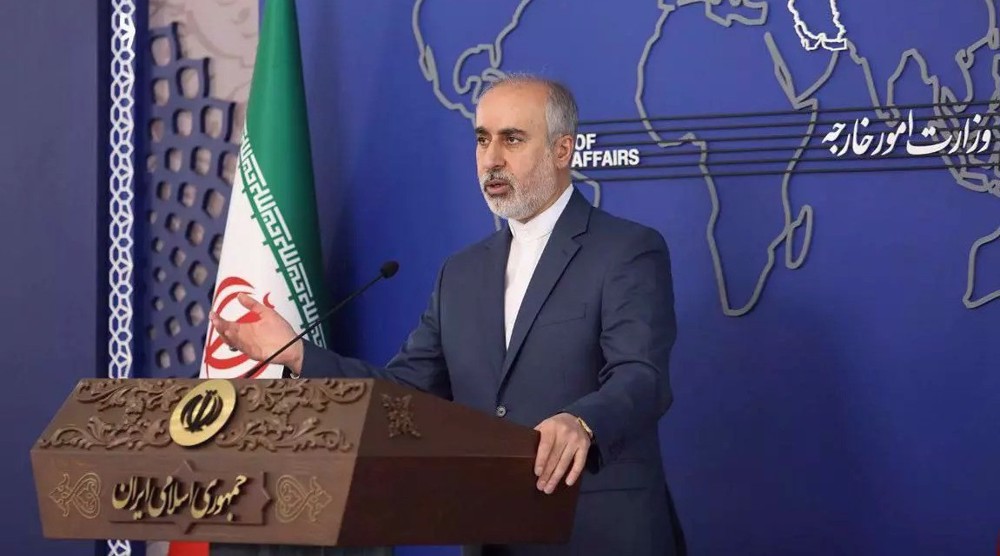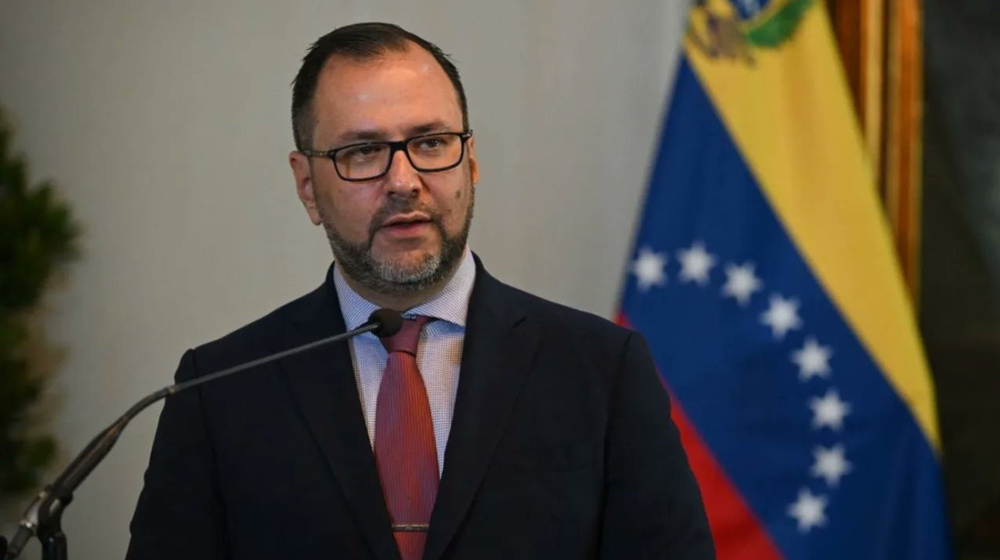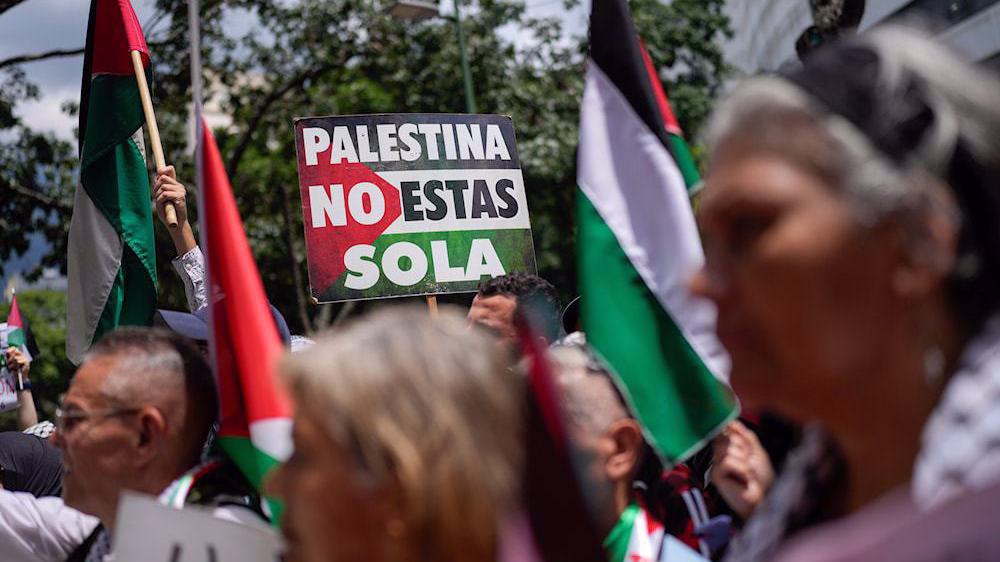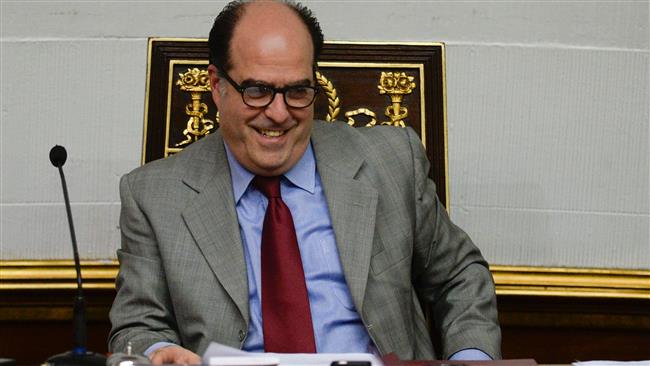Venezuela opposition holds first round of protests in 2017
Venezuela’s opposition parties along with their supporters have staged their first round of protests in the year 2017, calling for early elections to remove President Nicolas Maduro from power over the economic and political crisis in the Latin American country.
Various opposition rallies were held across the country on Monday, with the Venezuelan main opposition Democratic Unity Roundtable (MUD) coalition calling on its supporters to march to the headquarters of the National Electoral Board in the country’s capital, Caracas.
The opposition demands that dates for holding a new presidential vote as well as regional elections be specified given the magnitude of Venezuela's unprecedented economic and social crisis blamed on Maduro.
"We sought a recall referendum and they took it away. We want regional elections and they don't want to let us have them," said a protester in southern Bolivar State’s capital city of Ciudad Bolivar.
"Today in Venezuela, there has been no call for an electoral process. There is no election on the calendar and today we are coming out in all the capitals of the country demanding elections, elections of governors which should have been held in December and weren't held," said another protester in Caracas.
The six-year term of the 54-year-old successor to former president Hugo Chavez is due to end in early 2019.
On Sunday, Maduro named Ricardo Sanguino, a lawmaker, as the country's new central bank chief, to take over from Nelson Merentes , who had handed in his resignation.
"I would like to thank Nelson Merentes for all the effort he has made at various battlefronts, but I want us to initiate a new stage in the development of the Central Bank of Venezuela," the leader declared.

Last week, Maduro said he remained committed to dialog and was ready to resume talks with the opposition to resolve matters in the South American country.
During his annual presidential address, he confirmed the depth of the economic crisis in Venezuela, saying the year 2016 was “the longest and hardest” for his government.
He also vowed to keep “riding out the crisis” through his economic emergency measures, including the extension of food aid programs for the poor. Furthermore, he announced a 50-percent raise in the minimum wage and pensions, a move that has been slammed as a cause for even more inflation.
Venezuela, which has the world’s highest inflation rate, is facing severe shortages of food, medicine, and basic household goods after a slump in global oil prices. The country is also grappling with a high unemployment rate.
Maduro blames the economic crisis on what he says is a US-sponsored ploy, which according to him is aimed at destabilizing the country.
The opposition has been calling for the resignation of Maduro, who was elected in 2013 for a six-year term. There have been protests for and against the Venezuelan president in recent months.
VIDEO | US continues starving Syrians, stealing their resources
Yemeni forces strike Israeli ship, Port of Eilat in solidarity with Gaza
Columbia, Yale students bent on ending US support for Israeli genocide
VIDEO | Genocide in Gaza
Iran calls on BRICS to play role in stopping Israeli crimes
President Raeisi’s historic visit opens new chapter in Iran-Pakistan ties
Russia: Poland’s talks on hosting US nuclear weapons ‘dangerous’
VIDEO | Israel’s genocide bounty
















 This makes it easy to access the Press TV website
This makes it easy to access the Press TV website